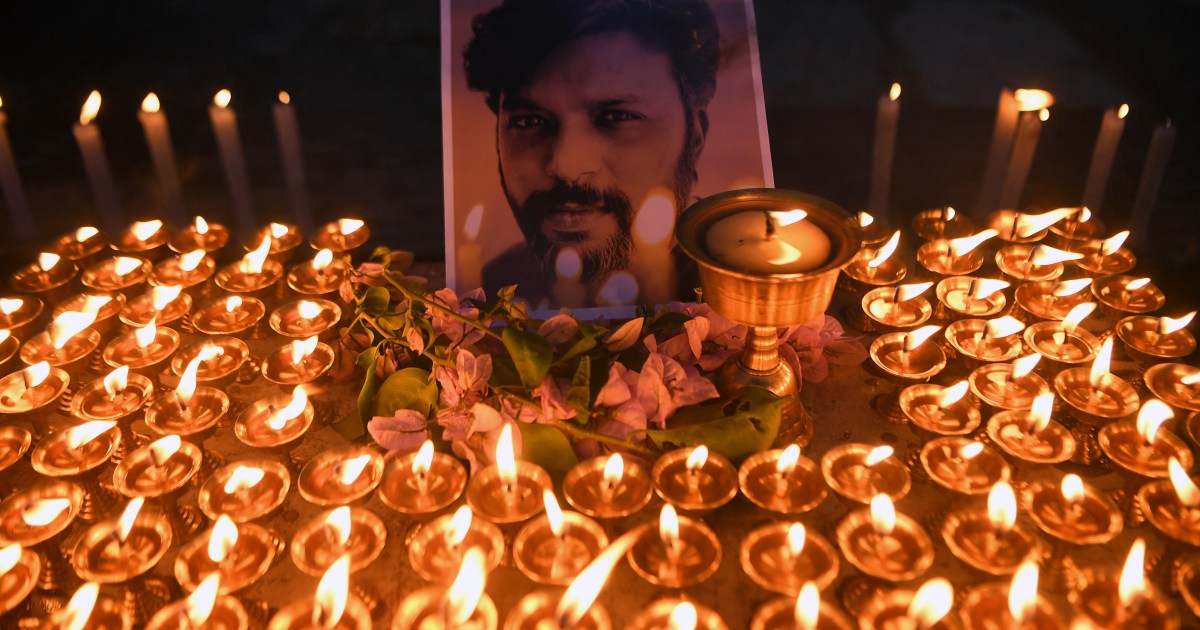How will a major oil project change East Africa? | TV Shows
On Tuesday, March 21 at 19:30 GMT:
Government leaders in Uganda and Tanzania say a rapidly developing oil drilling and cross-border pipeline programme will lift people’s living standards across the region.
But some residents living near the project sites say they have so far seen little benefit, while environmental groups say the initiative could devastate sensitive lands and undermine efforts to address the global climate emergency.
In January, Uganda’s president Yoweri Museveni officially commissioned the start of drilling activity within the Chinese-operated Kingfisher oilfield, which lies on the south-eastern edge of Lake Albert. A second oilfield operated by French firm TotalEnergies is also being developed to the north of Lake Albert, within the Murchison Falls National Park. Uganda hopes to commercially pump oil for export by April 2025.
Crude from the oilfields will be carried to an Indian Ocean port in Tanzania via the East African Crude Oil Pipeline, which has been granted construction permits and is due for completion in 2025. Uganda’s government says money from the joint venture will be used to improve schools, roads, and hospitals, but some people displaced from land near the oilfields and the path of the 897-mile pipeline say they have been given only meagre payments. Others say they have not been paid at all. Residents near the pipeline route in Tanzania say they have been forced by the government to accept compensation to leave their land and homes.
The Ugandan and Tanzanian governments say they have acted lawfully and with sensitivity in the development of what will be the world’s longest electrically-heated pipeline, but environmentalists are concerned about the impact that oil exploitation and construction activity will have on sensitive wildlife habitats, forests, and freshwater sources. They say tapping into crude oil is a major blow to efforts aimed at limiting global carbon emissions.
Tanzania’s energy minister told the New York Times that criticism of the oil project is “a symbol of global hypocrisy” and that rich Global North countries can exploit hydrocarbons without facing the same degree of international censure.
In the first of three episodes of The Stream dedicated to the climate emergency, we’ll look at what the East Africa oil initiative means for the environment and communities in Uganda and Tanzania.
In this episode of The Stream, we are joined by:
Ernest Rubondo, @PAU_Uganda
Board Chairperson, Petroleum Authority of Uganda
pau.go.ug
Patience Nabukalu, @patienceNabz
Climate justice activist, Fridays for Future Movement
fridaysforfutureug.earth
Elison Karuhanga, @elisonk
Member, Uganda’s Chamber of Mines and Petroleum
kaa.co.ug/member/elison-karuhanga




